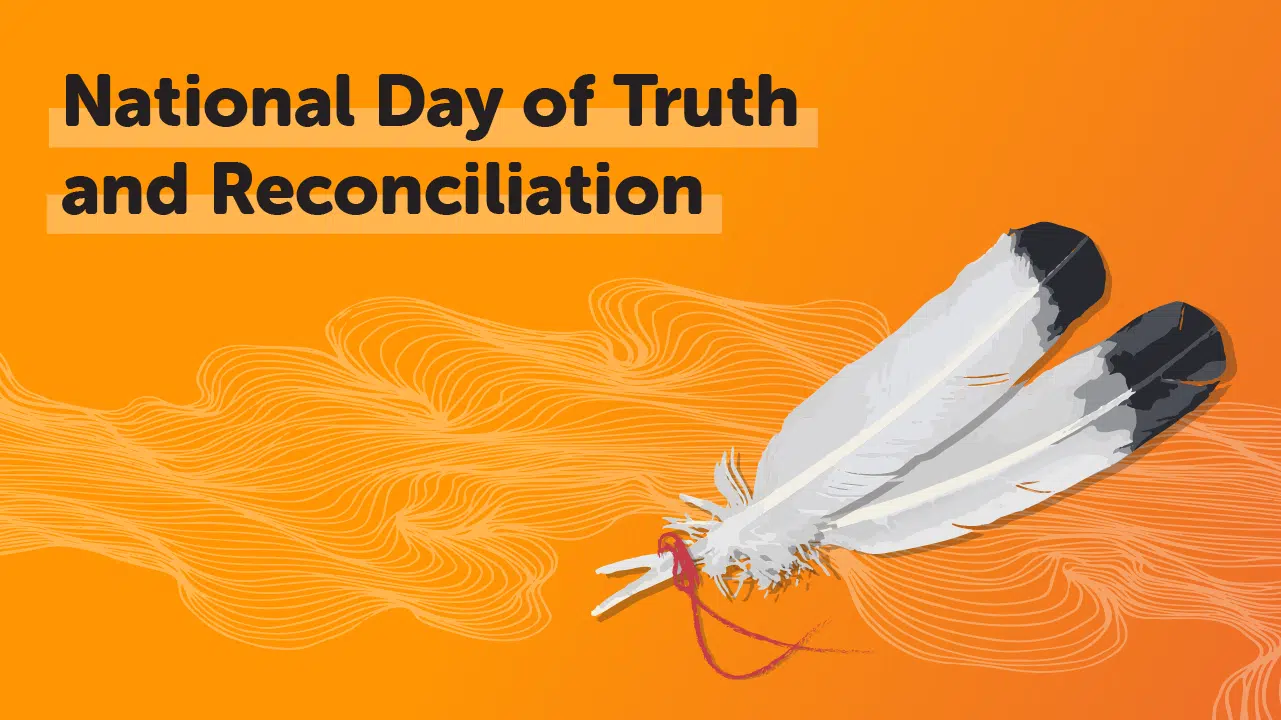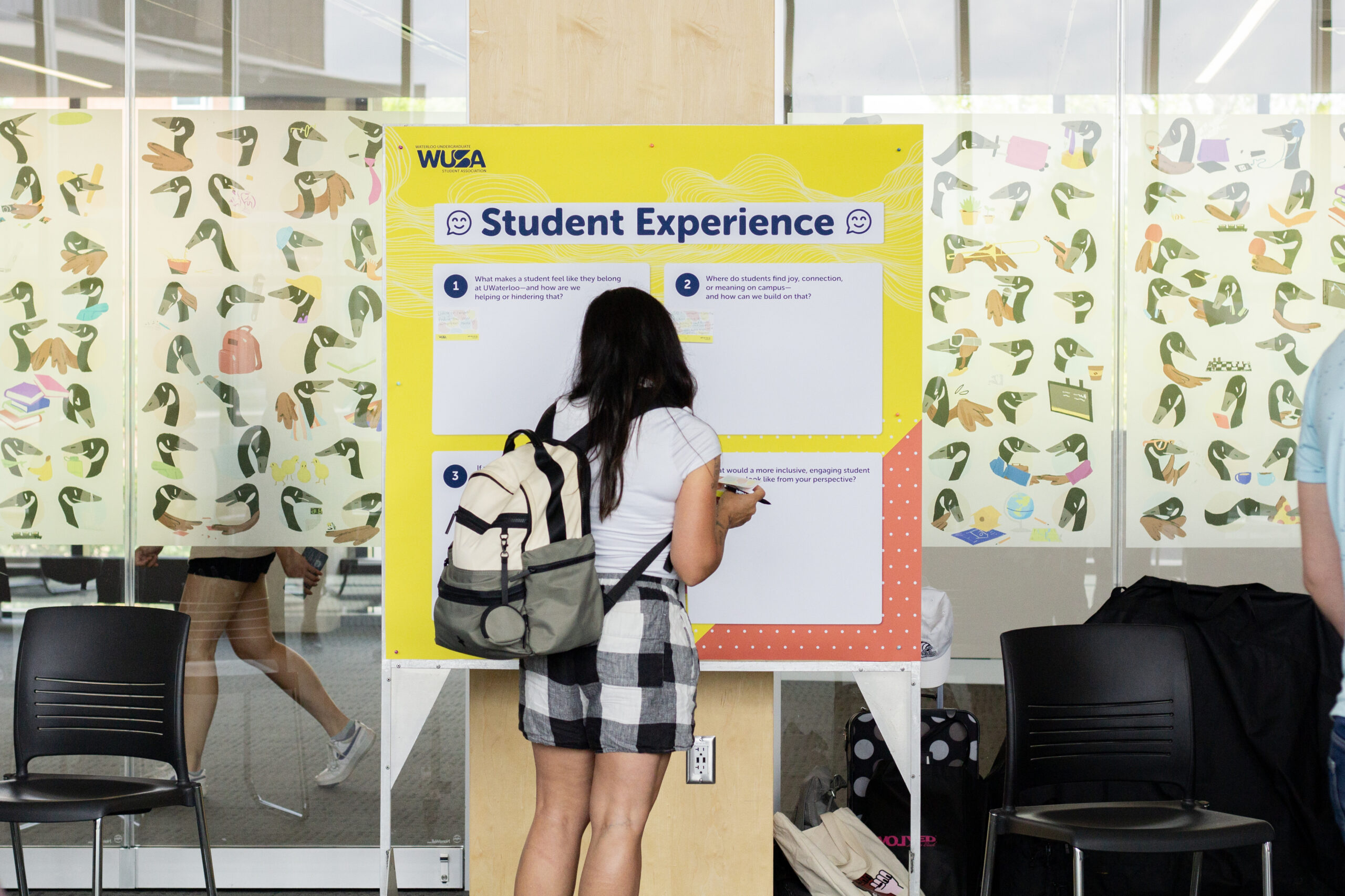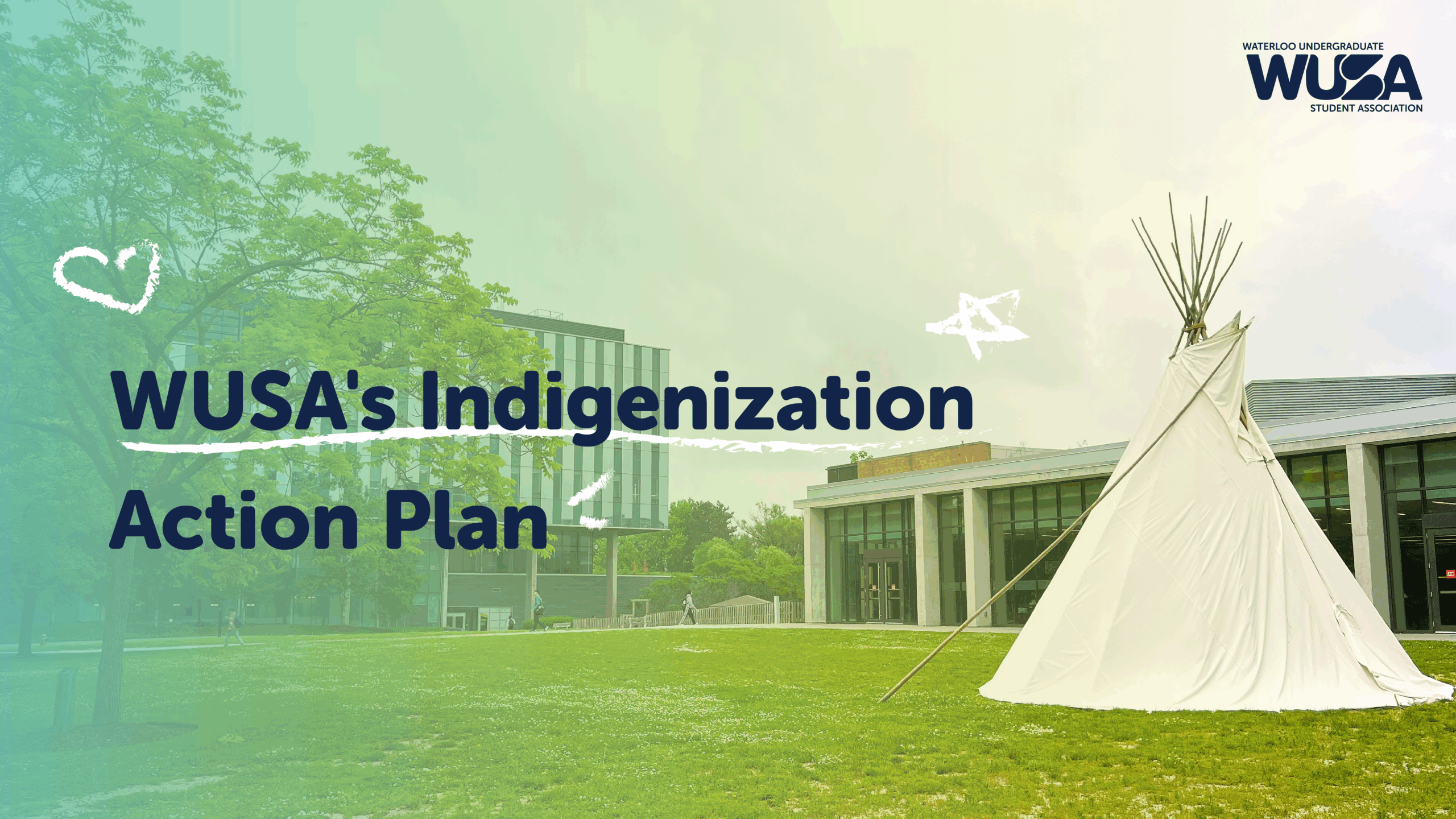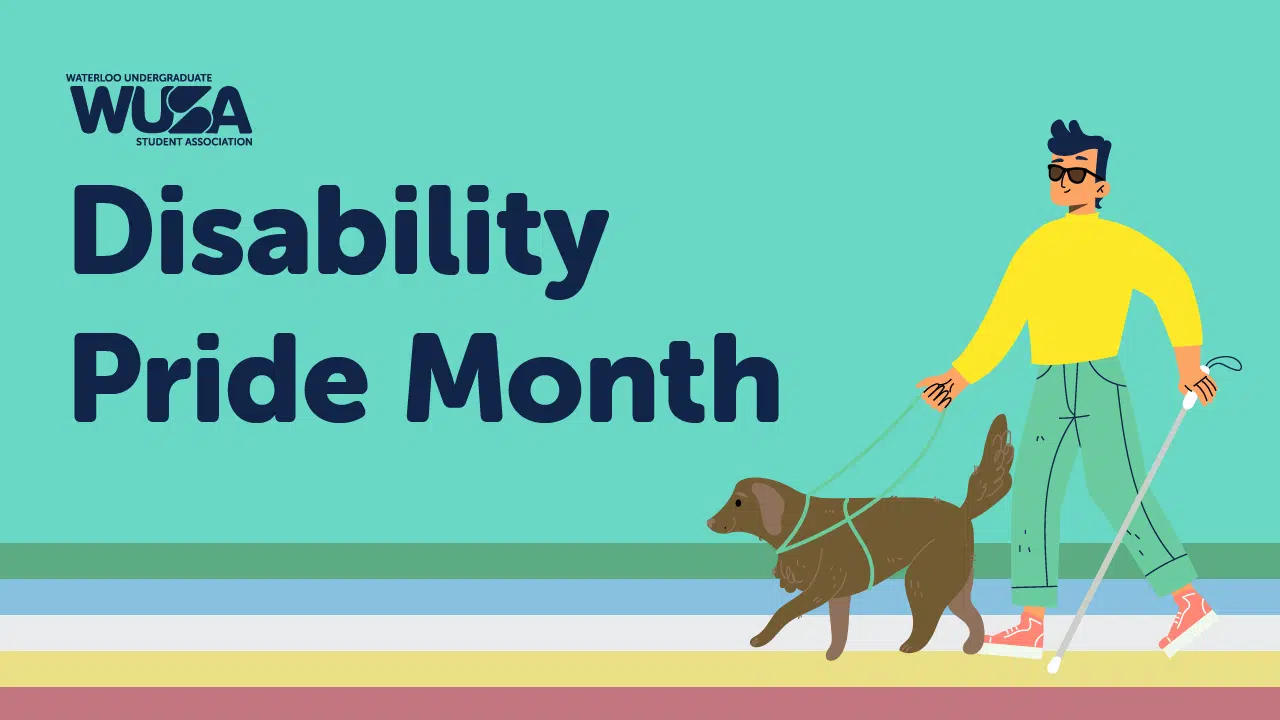The National Day for Truth and Reconciliation

Written by: Bella McKenzie, Communications Coordinator
Since 2013, September 30th has been known across Canada as Orange Shirt Day. Orange Shirt Day is marked to recognize the harm the residential school system did to Indigenous children’s identity, self-esteem, and well-being. The day was based on, and created by, the story of a residential school survivor, Phyllis (Jack) Webstad. Phyllis tells her story of her first day attending St. Joseph Mission Residential School (1891-1981) near Williams Lake in BC, Canada.
Orange Shirt Day History
Phyllis wore a brand-new, shiny, orange shirt, a present from her grandmother. However, when Phyllis arrived at St. Joseph Mission, she was stripped, and her clothes were taken away – including the orange shirt. This is how the orange shirt became a symbol of the experiences and loss of the First Nation, Inuit and Métis children who were stolen from their families and placed in these residential schools. Phyllis’ orange shirt was stripped, just as she was stripped of her Indigenous identity to be assimilated into white culture.
National Day for Truth and Reconciliation Goals
With the passage of Bill C-5 in early June of just last year, September 30th is also designated as National Day for Truth and Reconciliation. This day is also for educating ourselves and reflecting on the systemic effects of residential schools and harmful government policies. Many reserves across Canada still do not have access to safe drinking water. Indigenous women, girls, and those a part of the LGBTQ+ community go missing or are murdered at alarming rates. Recent discoveries of unmarked graves on residential school grounds further prove the importance of this Truth and Reconciliation Day.
While the National Day for Truth and Reconciliation coincides with Orange Shirt Day, they still share common goals of:
- Remembering the residential school system and honouring the resilience, dignity, and strength of survivors, intergenerational survivors, and remembering the children who never came home.
- Creating meaningful discussion, reflection, and awareness about the effects of residential schools, systemic discrimination, and generational trauma.
- Educating ourselves and others on Canada’s Indigenous history.
On September 30th, WUSA will dedicate our social media channels to amplifying Indigenous voices to educate and reflect on the history of residential schools, and honour the survivors, those who have been lost, and all who are affected by the residential school experience. In addition to this article, we will do this by sharing Indigenous posts and resources on the @yourwusa Instagram. We are also sharing tips, that we’ve learned from Indigenous sources and organizations, on how to support Indigenous people during the National Day of Truth and Reconciliation:
How to Support Indigenous People during National Day for Truth and Reconciliation, and Every Day:
1. Wear Orange
- Buy/wear an orange shirt from an Indigenous business/organization
- Avoid purchasing from big corporations
- Don’t know where to start? UW and the Office of Indigenous Relations partnered to release a new collection of Indigenous products featuring designs from a local Indigenous artist, Alanah Astehtsi Otsistohkwa (Morningstar) Jewell of Morningstar Designs
2. Participate in Indigenous Events
This can include memorial services, ceremonies, seminars, workshops, walks, and more. We encourage you to check out the events at the University of Waterloo that are hosted by the Office of Indigenous Relations:
- Kitchener Community Truth and Reconciliation Walk
- Orange Shirt Day Resources & Media
- Kevin Lamoureux: Truth and Reconciliation in Higher Learning Institutions Zoom Webinar
3. Volunteer at a Charity/Organization that Supports Indigenous People
Don’t know where to start? Here are some helpful organizations to check out:
- Circles for Reconciliation Inc.
- Raven Trust
- Water First
- Native Women’s Association of Canada
- Indian Residential School Survivors Society
4. Check in with your Indigenous Friends and/or Family
The National Day for Truth and Reconciliation can be a sensitive time for Indigenous people so it’s important to check in on your Indigenous friends and family to ask what support they need.
Here are some helplines you can suggest to Indigenous friends and family if needed:
- Hope for Wellness Help Line – 1-855-242-3310
- Experienced and culturally competent counsellors are reachable by telephone and online ‘chat’ 24 hours a day, 7 days a week for all Indigenous people across Canada.
- Talk 4 Healing – 1-855-554-4357
- A culturally grounded, fully confidential helpline for Indigenous women available in 14 languages across Ontario.
- The National Indian Residential School Crisis Line – 1-866-925-4419
- Provides 24-hour crisis support to former Indian Residential School students and their families
5. Take Time to Educate Yourself on Indigenous History, Communities, Culture, Language, Art, and more
Don’t know where to start? UW has some resources for books, films, exhibitions, and much more:
- Orange Shirt Day Resources & Media
- The Office of Indigenous Relations
- University of Waterloo Libraries,
- The W Store
- Waterloo Public Library
6. Consume and Support Indigenous Media
If you want to sit back and relax while supporting Indigenous artists, incorporate Indigenous media into your everyday life.
- Watch Indigenous directed movies
- Listen to Indigenous music
- Read books written by Indigenous people
- Need specific suggestions? Check out the list at https://uwaterloo.ca/indigenous/orange-shirt-day
7. Reflect
- Take time to reflect on Canada’s history, your privilege, and see how that affects our society today
- Look for more ways to move forward and support Indigenous communities
8. MOST IMPORTANT: Listen to Indigenous voices
- If you do not identify as Indigenous, amplify Indigenous voices – do not speak for those communities.
Here are the resources where we learned some of the tips that we shared with you. We encourage you check them out for more information:
- https://uwaterloo.ca/indigenous/orange-shirt-day
- https://wusa.ca/wp-content/uploads/2022/08/Education-and-Reconciliation-Report-1.pdf
- https://truenorthaid.ca /how-to-help-first-nations/
- https://reconciliationcanada.ca/get-involved/how-to-get-involved/
- https://uniteforchange.com/en/blog/indigenous/support-communities/
If you’re interested in more University of Waterloo and WUSA resources, initiatives, services, and peer support groups to support and learn about Indigenous people and culture, we encourage you to check out the following:
Published: Wednesday, September 28, 2022
Related Articles
Advocacy, Featured, General, Student Blog, Student Life




